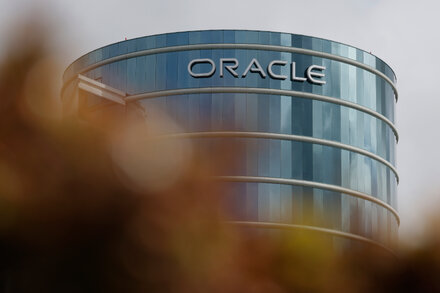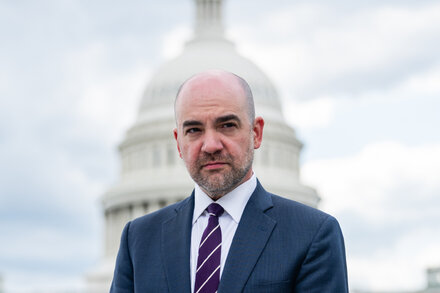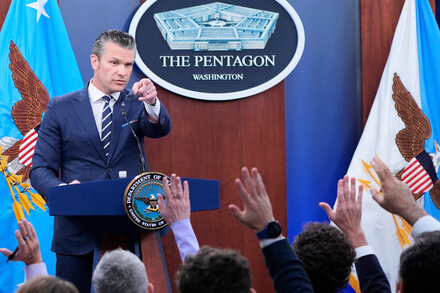Former President Donald Trump has consistently drawn scrutiny for his approach to free speech, particularly concerning criticisms directed at his public statements and policies. Throughout his political career, his rhetoric and actions have frequently ignited debate over the boundaries of free expression and the role of a political leader in responding to dissenting voices.
A recurring theme in Trump’s public discourse has been his strong condemnation of news organizations he deemed critical or unfair. He frequently employed terms like “fake news” and “enemy of the people” to describe outlets reporting unfavorably on his administration or campaign.
“The FAKE NEWS media, the enemy of the people, must stop its hatred and unfair reporting – or else!” Trump tweeted in August 2018, articulating his view that certain media coverage constituted a deliberate campaign against him.
Critics argued that such labels not only undermined the credibility of independent journalism but also could incite hostility against reporters, posing a threat to the free press—a cornerstone of democratic societies. Supporters, however, maintained that Trump was merely fighting back against what they perceived as biased and inaccurate reporting.
Beyond traditional media, Trump’s relationship with social media platforms also became a focal point of the free speech debate. He extensively used platforms like Twitter to communicate directly with his supporters, bypassing traditional media filters. However, his use of these platforms also led to clashes over content moderation policies, particularly concerning misinformation and incitement.
Following the January 6, 2021, Capitol riot, Trump was permanently banned or suspended from several major platforms, including Twitter and Facebook, citing concerns about the risk of further incitement to violence. Trump and his allies decried these actions as censorship and an infringement on his free speech rights, arguing that tech companies wielded too much power over public discourse.
“I think that Big Tech is doing a horrible thing for our country & to our country, and I believe it’s going to be a catastrophic mistake for them. They’re dividing our country, and they’re doing things that they shouldn’t be doing,” Trump stated in a video shortly after his Twitter ban in January 2021. He also advocated for changes to Section 230 of the Communications Decency Act, which protects tech companies from liability for user-generated content, arguing it allowed them to unfairly moderate speech.
Legal scholars and free speech advocates have offered varied perspectives on Trump’s actions and the responses to them. Some argued that while the First Amendment protects individuals from government censorship, it does not compel private companies to host all speech. Others expressed concern that the power of tech platforms to deplatform prominent figures raised questions about concentrated control over information flows.
The debates surrounding Trump’s challenges to media, his engagement with social media, and his calls for legal reforms underscore ongoing tensions over the interpretation and application of free speech principles in an increasingly polarized and digitally mediated public square.
Source: Read the original article here.





